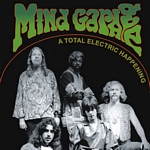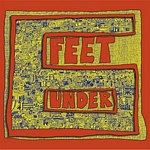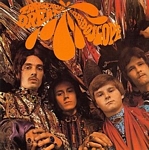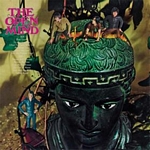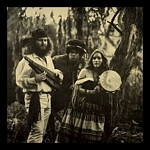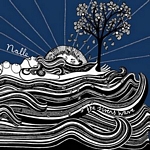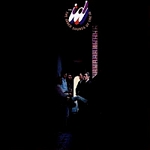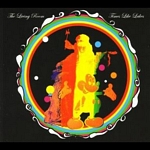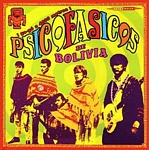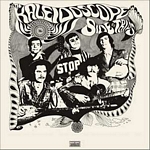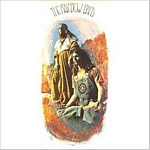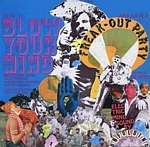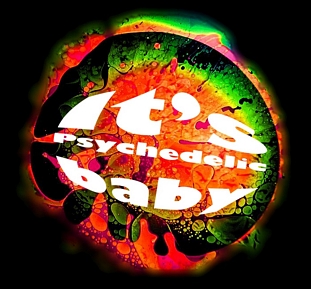Other songs by Wizz Jones at the Psychedelic Jukebox: [1970] Wizz Jones - America
The English folk scene with its many leaves and branches is traceable to a few gnarly yet enduring taproots. Along with the Watersons and Davy Graham, guitarist Wizz Jones is one of them. While virtually unknown in America in this sorry age, Jones was paramount in influencing virtually every acoustic guitarist and folk scenester who came after him in the U.K.
Jones began to play guitar seriously in the mid- to late '50s after being inspired by the literature of the Beat Generation, and American blues and folk recordings such as those of Son House, Blind Blake, Woody Guthrie, Cisco Houston, Robert Johnson, Lonnie Johnson, Tampa Red, Big Bill Broonzy, and others. Jones bore a strange figure in British coffeehouses with his uncharacteristically long hair and hobo-ish demeanor, including a guitar that was literally held together with leather straps. He knew his stuff, however, and his playing was rooted deep in the Mississippi Delta and in early Chicago blues styles and he established a reputation early among younger players who soaked up both his image and the licks he fired off from a rapid right-handed picking style that was clearly his own. Jones was interviewed early on by the BBC who was trying to figure out what the ruckus was on the new British folk music scene, and came off as a bearded shaggy-haired smart ass. To the BBC's credit, they left his segment in and Jones became a folk hero to the second generation of Brit folk musicians, many of whom were about to make their own mark. Among those who saw the broadcast and claim to have been directly influenced by it are John Martyn, Ralph McTell, Bert Jansch, John Renbourn, and Richard Thompson.
Embracing the beat life, he and Clive Palmer took to busking in the streets of France for a while -- even encountering a young British bluesman in Paris named Rod Stewart. Back in England, Jones met banjo king Pete Stanley in 1962 and formed a bluegrass duo that released a now legendary -- and highly collectible -- Columbia recording called Music for Moonshiners in early 1963. The duo issued one more recording for the label called 10 Tons of Bluegrass before disbanding in 1966. read more at: www.allmusic.com





